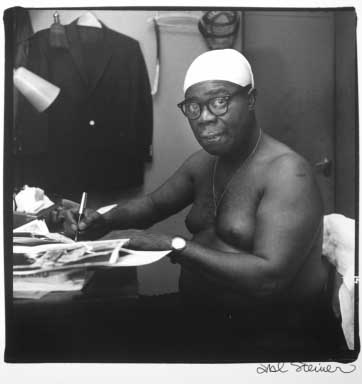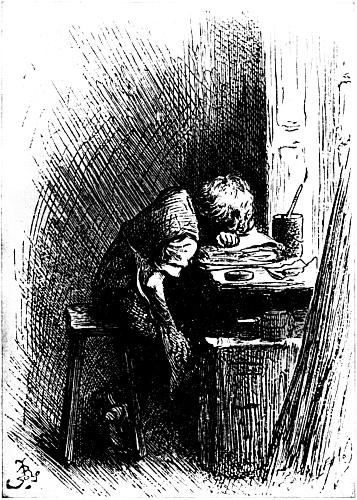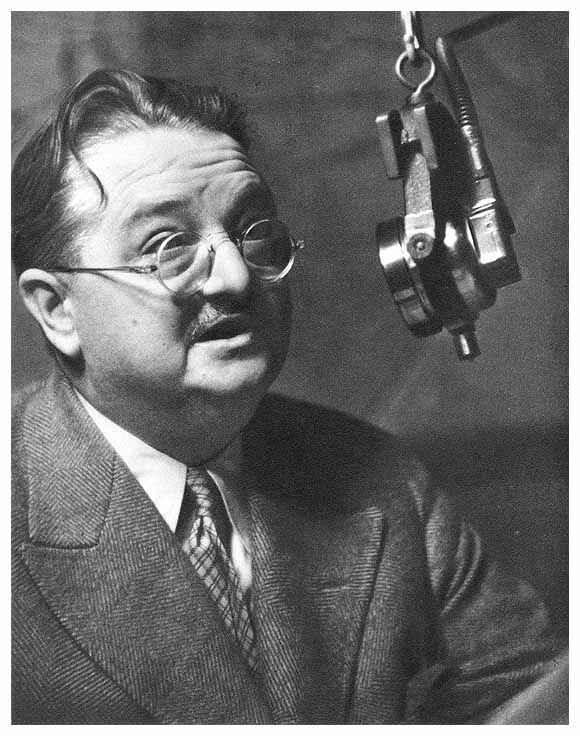Here’s my list of recommended Broadway, off-Broadway, and out-of-town shows, updated weekly. In all cases, I gave these shows favorable reviews (if sometimes qualifiedly so) in The Wall Street Journal when they opened. For more information, click on the title.
Warning: Broadway shows marked with an asterisk were sold out, or nearly so, last week.
BROADWAY:
• Alfred Hitchcock’s The 39 Steps (comedy, G, suitable for bright children, reviewed here)
• August: Osage County (drama, R, adult subject matter, reviewed here)
• Avenue Q (musical, R, adult subject matter and one show-stopping scene of puppet-on-puppet sex, reviewed here)
• The Little Mermaid (musical, G, entirely suitable for children, reviewed here)
• South Pacific * (musical, G/PG-13, some sexual content, brilliantly staged but unsuitable for viewers acutely allergic to preachiness, reviewed here)
OFF BROADWAY:
• Aristocrats (drama, G/PG-13, too complicated for children, reviewed here)
• The Cripple of Inishmaan (black comedy, PG-13, extended through Mar. 15, reviewed here)
• The Fantasticks (musical, G, suitable for children capable of enjoying a love story, reviewed here)
 • Ruined (drama, PG-13/R, sexual content and suggestions of extreme violence, reviewed here)
• Ruined (drama, PG-13/R, sexual content and suggestions of extreme violence, reviewed here)
CLOSING SOON OFF BROADWAY:
• The Cherry Orchard (elegiac comedy, G, not suitable for children or immature adults, closes Mar. 8, reviewed here)
• Enter Laughing (musical, PG-13, closes Mar. 8, reviewed here)
CLOSING SOON IN CHICAGO:
• The Little Foxes (drama, PG-13, adult subject matter, closes Mar. 8, reviewed here)
• Macbeth (tragedy, PG-13/R, nudity and graphic violence, closes Mar. 8, reviewed here)
CLOSING SOON IN LENOX, MASS:
• Bad Dates (comedy, PG-13, closes Mar. 8, reviewed here)
CLOSING SUNDAY ON BROADWAY:
• Speed-the-Plow (serious comedy, PG-13/R, reviewed here)
CLOSING SUNDAY IN CHICAGO:
• The Seafarer (drama, PG-13, reviewed here)

 In addition to responding to Barbara’s queries, I made sixty-six inserts of various kinds, many short and to the point but a few quite substantial. Most were based on new source material discovered by myself and other Armstrong scholars after I sent in the manuscript last November. Among other interesting things, Ricky Riccardi, the best of all possible
In addition to responding to Barbara’s queries, I made sixty-six inserts of various kinds, many short and to the point but a few quite substantial. Most were based on new source material discovered by myself and other Armstrong scholars after I sent in the manuscript last November. Among other interesting things, Ricky Riccardi, the best of all possible 
